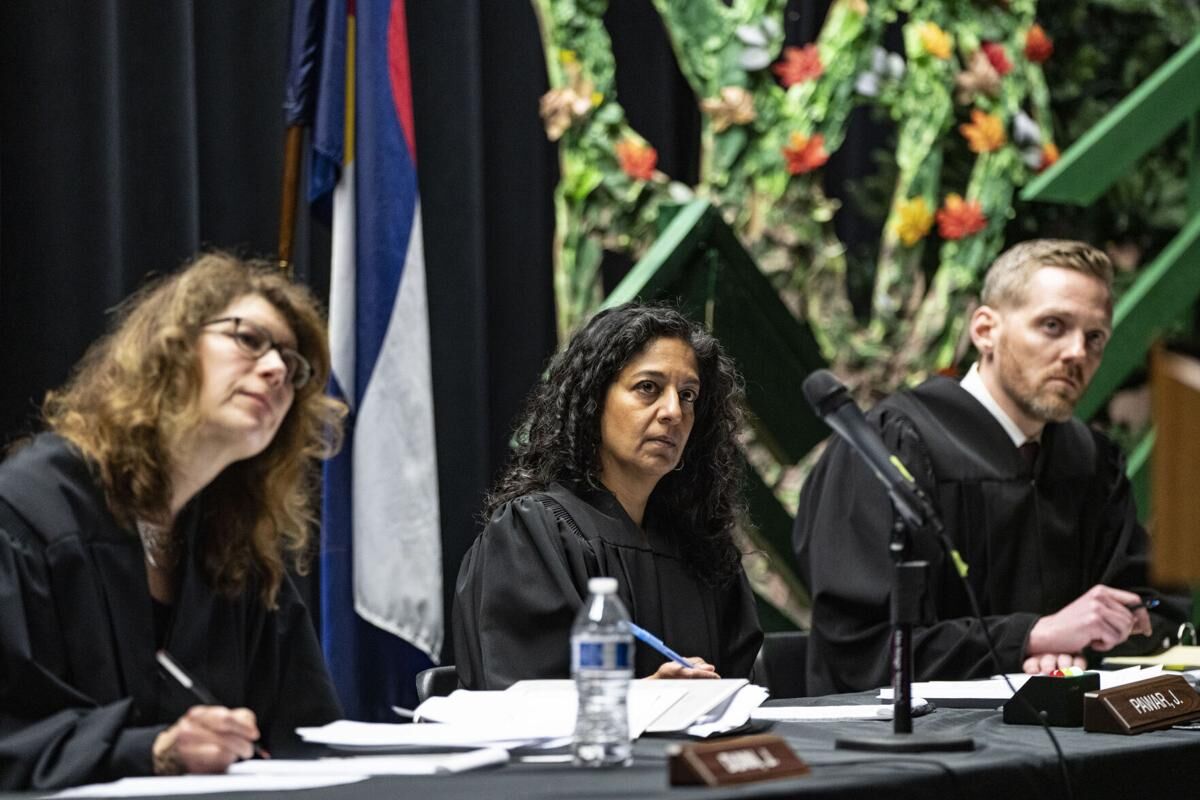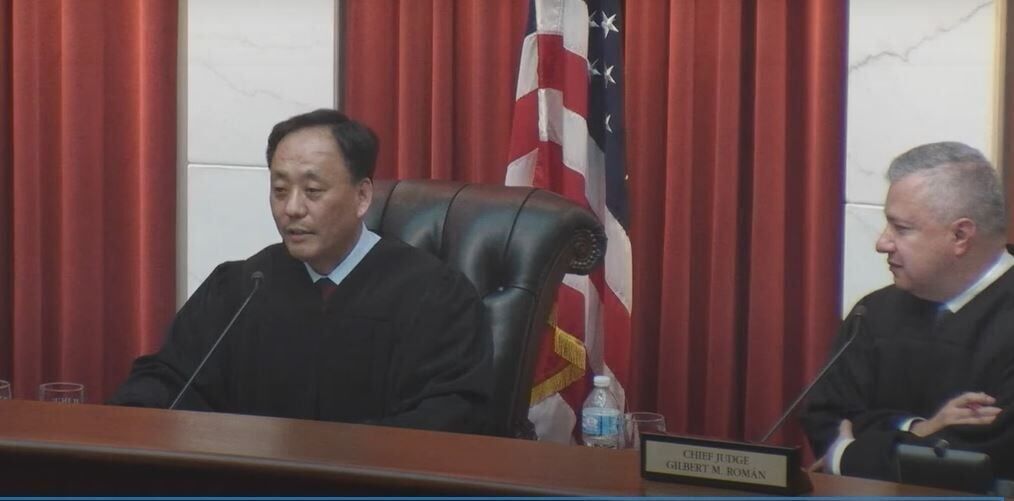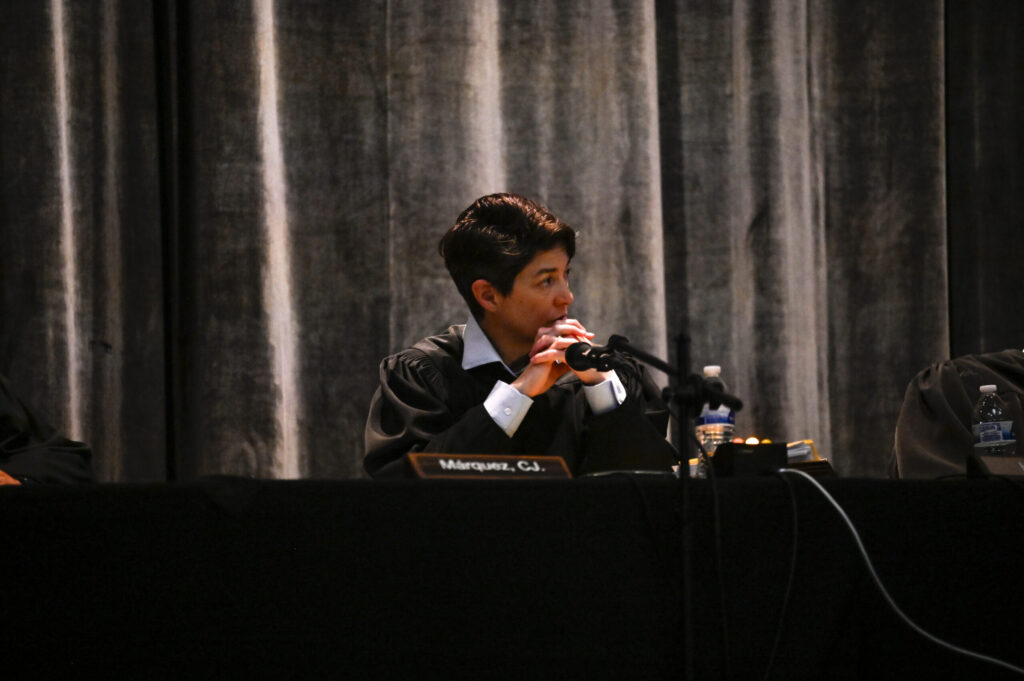Divided appeals court upholds convictions despite ‘troubling and unfair’ contradictory police testimony

Colorado’s second-highest court upheld a man’s convictions for unlawful possession of a firearm on Thursday, even as the majority acknowledged it was potentially unfair that a Denver officer testified to a different sequence of events at trial than earlier in the case.
Matthew Torres attempted to exclude from trial the evidence of a handgun in his waistband. He argued police stopped and frisked him in violation of the Fourth Amendment’s prohibition on unreasonable searches and seizures. A trial judge disagreed, finding police had reasonable suspicion to stop Torres.
That ruling was based on the pretrial testimony of one officer that he saw a gun on Torres before anyone had seized him. However, at the trial itself, a different officer testified that he grabbed Torres first, and then the gun was visible.
By 2-1, a three-judge Court of Appeals panel concluded the rules required the defense to exercise “due diligence” to uncover the inconsistent testimony before trial. Because Torres’ counsel did not do so, the trial judge was within his rights to adhere to his prior decision.
“This result may seem troubling and unfair,” wrote Judge Neeti V. Pawar in the Oct. 23 opinion. But through due diligence, “the conflict between the two officers’ testimony would have been obvious and allowed the trial court to rule on the suppression issue before trial.”

Judge David H. Yun dissented, arguing the defense had no reason to suspect a different version of events would surface at trial.
“I believe the trial court abused its discretion by refusing to reconsider its earlier ruling,” he wrote.
Police were surveilling a recreational vehicle that was a suspected drug dealing site when Torres and a friend walked by. Torres’ friend appeared to argue with and attack the RV driver. Torres then tried to de-escalate and the two walked away.
Three officers who witnessed the confrontation decided to approach Torres, his friend and the RV driver. At the hearing to decide if reasonable suspicion existed to stop Torres, Officer Mark Hillers — who approached Torres — was not present because he contracted COVID-19. Instead, Sgt. Robert Hart testified to what he saw.
In Hart’s narrative, Hillers said he wanted to pat down Torres for weapons and speak with him. Torres declined. As Hillers was reaching for him, Torres’ motion lifted up his shirt and Hart saw a gun. Hart then warned Hillers and the officers arrested Torres. They later learned he was legally barred from possessing a firearm.
District Court Judge Jay S. Grant deemed the police’s actions constitutional because they had grounds to seize Torres once they saw the gun.
“And regardless of whether he can legally carry a gun on your person, concealed or whatever, for officer safety purposes (Hillers) had reason to detain and secure the handgun in the alley,” said Grant.
At trial, Hillers testified for the first time. In contrast to Hart’s statements, Hillers described grabbing onto Torres first, then hearing Hart alert him to the gun. In response, the defense asked Grant to reconsider his earlier ruling that the officers had only seized Torres after seeing the gun.
“So, I guess my position is that there was a motions hearing where officers were called, officers testified and I made a ruling on the evidence that was presented,” said Grant. “The defense could have called Officer Hillers to provide a second perspective.” He did not believe there needed to be a “change of my order.”
On appeal, Torres challenged Grant’s decision, arguing no evidence suggested Torres was armed and dangerous by the time Hillers grabbed him. Therefore, he was unconstitutionally seized and searched, and the gun evidence should not have been allowed at trial.
Case: People v. Torres
Decided: October 23, 2025
Jurisdiction: Denver
Ruling: 2-1
Judges: Neeti V. Pawar (author)
Rebecca R. Freyre
David H. Yun (dissent)
The appellate panel’s majority took no issue with Grant’s decision to stand by his original order. Pawar, writing for herself and Judge Rebecca R. Freyre, acknowledged it was not the defense’s fault that Hillers had COVID-19 during the pretrial hearing and could not testify to his own actions.
“But Officer Hillers was the arresting officer, and, before trial, it was clear that the fate of any suppression motion would turn on what Officers Hillers and Hart knew,” she wrote. “Under these circumstances, due diligence required defense counsel to present Officer Hillers’ testimony before the court ruled on the suppression motion.”
Pawar elaborated that the defense could have asked to postpone the pretrial hearing, for example. Had Torres done so, the conflicting testimony “would have been obvious.”
Yun disagreed. He noted Grant’s commentary at trial seemingly blamed the defense for not calling Hillers to testify earlier, without acknowledging Hillers had COVID-19. Moreover, it was unclear whether postponing the hearing was even an option.
“No police report or any other document in the record suggested that Officer Hillers would provide a different version of how the gun became visible — namely, that his physical contact caused Torres’s shirt to rise and expose the gun,” Yun wrote. “While it would have been prudent to secure Officer Hillers’s testimony before the court’s suppression ruling, I do not believe that reasonable diligence required the defense to request a continuance of the suppression hearing under these circumstances.”
Yun would have directed Grant to reconsider his initial ruling on the constitutionality of Torres’ seizure.
The case is People v. Torres.












